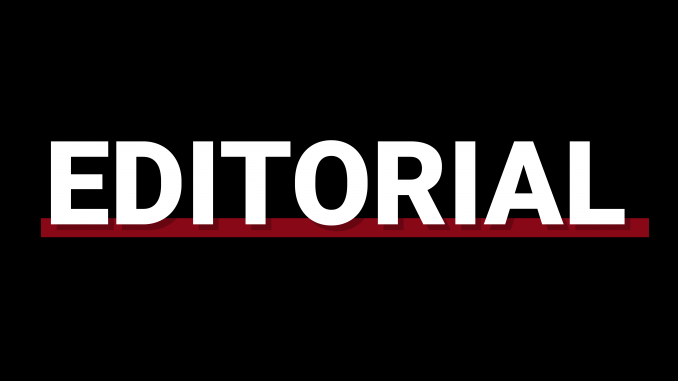
On Feb. 20, President John Fry visited Harrisburg to testify for an $85 million increase in Temple’s state funding, The Temple News reported. Following six years of flat funding, Temple has faced yearly tuition increases to make up for lost revenue, directly affecting the university’s student population.
Additionally, Temple’s R1 research program faces restriction due to the recent National Institutes of Health significantly capped existing and future grants at 15% for higher education institutions.
Prior to the Trump administration’s cuts, Temple’s federal Negotiated Indirect Cost Rate Agreement allocated 58.5% of its funding to organized research activities. Students involved in research-based programs face constraints on necessary educational opportunities due to limited finances.
Public universities in Pennsylvania need greater state-allocated funding to operate efficiently as institutes of higher education. Across the country, unrestricted higher education is facing regulations. The Editorial Board advocates for the freedom of higher education through increased government-based funding at Temple.
Since the Trump administration returned to the White House, different facets of higher education have been under fire. In January, President Donald Trump issued an executive order targeting Diversity, Equity and Inclusion efforts across all federal contractors. Finances were threatened due to such restrictions, and some majors, including Gender, Sexuality and Women’s studies and Africology, fear program cancellation.
Other state schools, like the University of Pittsburgh, paused their Ph.D. admissions for a short stint due to “anticipated fiscal constraints,” the Pittsburgh Post-Gazette reported. The University of Pennsylvania, another R1 institution, asked its faculty to renege informal offers to its graduate students with the possibility of losing $250 million in NIH funding, The New York Times reported.
Students face the brunt of limited financial resources, as monetary restrictions adversely affect both STEM and humanities. Limiting research accessibility will significantly hinder diversity of thought and the emergence of new ideas.
Temple provides more than 46,000 jobs and generates $247.7 million in tax revenue for the state, according to Temple’s 2024-2025 Budget Presentation. Temple and Temple Health combined contributed $8.9 million to the Pennsylvania economy. The Commonwealth of Pennsylvania needs Temple to offer a widespread education, provide jobs and allow the state’s economy to prosper.
Nationwide universities are threatened by the Trump administration’s tirade against intellectualism. It’s in the power of the Pennsylvania government to increase grants to public universities and halt the executive attacks on higher education.



Be the first to comment